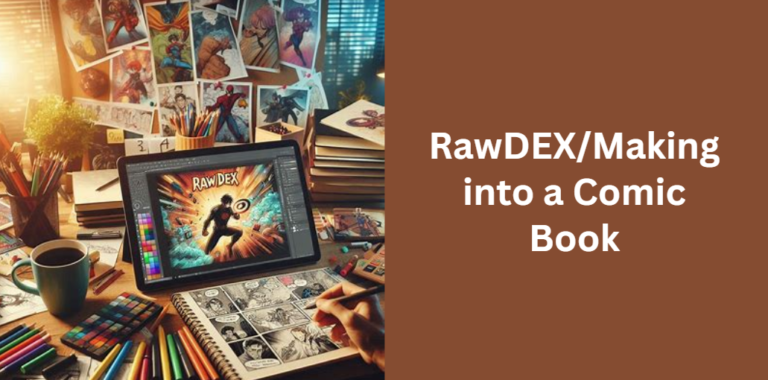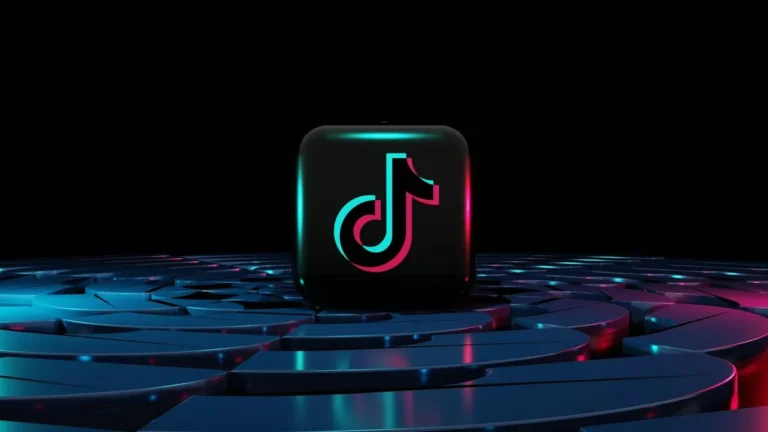Text to Music: The Future of AI-Generated Soundtracks
Introduction
In the ever-evolving world of artificial intelligence, text to music generation is one of the most intriguing advancements. AI models can transform simple text prompts into full-fledged musical compositions, opening new doors for musicians, content creators, and even casual users looking for personalized soundtracks. This technology is revolutionizing the music industry by making music creation more accessible and innovative.
What is Text to Music?
Text to music refers to the process of using artificial intelligence to generate music based on textual descriptions. Users input words, phrases, or even emotions, and the AI creates a corresponding musical piece. This innovation relies on deep learning models, trained on vast datasets of musical compositions, to understand the relationship between words and sound.
How Does Text to Music Work?
The process of AI-powered music generation involves several key steps:
- Input Processing: The AI interprets the textual input and identifies relevant emotions, styles, or instruments.
- Pattern Recognition: Using a trained model, the AI maps the text to a musical structure, understanding rhythm, harmony, and melody.
- Composition Generation: The AI composes a track based on predefined musical rules while maintaining creative elements.
- Output Rendering: The generated music is converted into an audio format, allowing users to download or modify it further.
Applications of Text to Music
AI-generated music is being utilized in various domains, including:
Content Creation
YouTubers, podcasters, and social media influencers are using AI music to create unique, royalty-free background scores for their videos and streams.
Music Production Assistance
Artists and composers leverage AI tools to generate melodies or harmonies as inspiration for new compositions.
Gaming Industry
Game developers use AI to generate adaptive music that changes dynamically based on in-game events.
Meditation and Therapy
AI-generated music is increasingly used for relaxation, mindfulness, and therapy, providing personalized soundtracks based on mood inputs.
Popular Text to Music AI Tools
Several cutting-edge platforms are making AI-generated music widely available:
- Adobe– Uses extensive datasets to generate music from text prompts.
- AIVA – An AI composer that creates music for movies and video games.
- Boomy – Allows users to create and monetize AI-generated tracks.
- Amper Music – Focuses on assisting artists and producers in music composition.
Benefits of Text to Music Technology
Accessibility
Anyone can create music without formal training, democratizing the art of composition.
Time Efficiency
AI-generated music reduces the time needed to compose original tracks manually.
Cost-Effectiveness
Eliminates the need for expensive studio sessions, making music production affordable.
Innovation in Music Creation
AI tools inspire new musical styles by blending different genres and elements.
Challenges and Limitations
While text to music technology is promising, it still faces challenges:
- Lack of Emotional Depth: AI-generated music may lack the nuanced emotion of human-composed pieces.
- Copyright Concerns: Determining ownership of AI-generated compositions remains a legal gray area.
- Dependence on Training Data: AI models are limited by the quality and diversity of their training datasets.
The Future of AI in Music
As AI continues to evolve, text to music technology is expected to improve in several ways:
- Better Emotional Understanding: Future models may interpret complex emotions more accurately.
- Higher Quality Compositions: Advancements in AI training will lead to more sophisticated musical outputs.
- Integration with Human Creativity: AI will likely work alongside musicians, enhancing creativity rather than replacing it.
Conclusion
Text to music is an exciting breakthrough in AI, making music creation more accessible and innovative. Whether for content creators, musicians, or casual users, this technology opens up endless possibilities for personalized soundtracks. While challenges remain, the future looks promising as AI continues to push the boundaries of musical creativity.
FAQs
1. Can AI-generated music replace human composers?
Not entirely. AI can assist in music creation but lacks the emotional depth and originality of human composers.
2. Are AI-generated music tracks copyright-free?
It depends on the platform. Some AI tools allow users to monetize their compositions, while others impose restrictions.
3. How can I use text to music for my projects?
You can explore platforms like MusicLM, AIVA, or Boomy to generate music tailored to your needs.
4. Is AI-generated music customizable?
Yes, many platforms let users tweak the style, tempo, and instrumentation of the generated tracks.
5. What is the best AI music generator for beginners?
Boomy and Amper Music are user-friendly platforms suitable for beginners looking to experiment with AI-generated music.
Recommended Posts
The Ultimate Guide to Freaky Font: A Comprehensive Exploration
The Ultimate Guide to Artists Directory Arcy Art: A Comprehensive Overview






